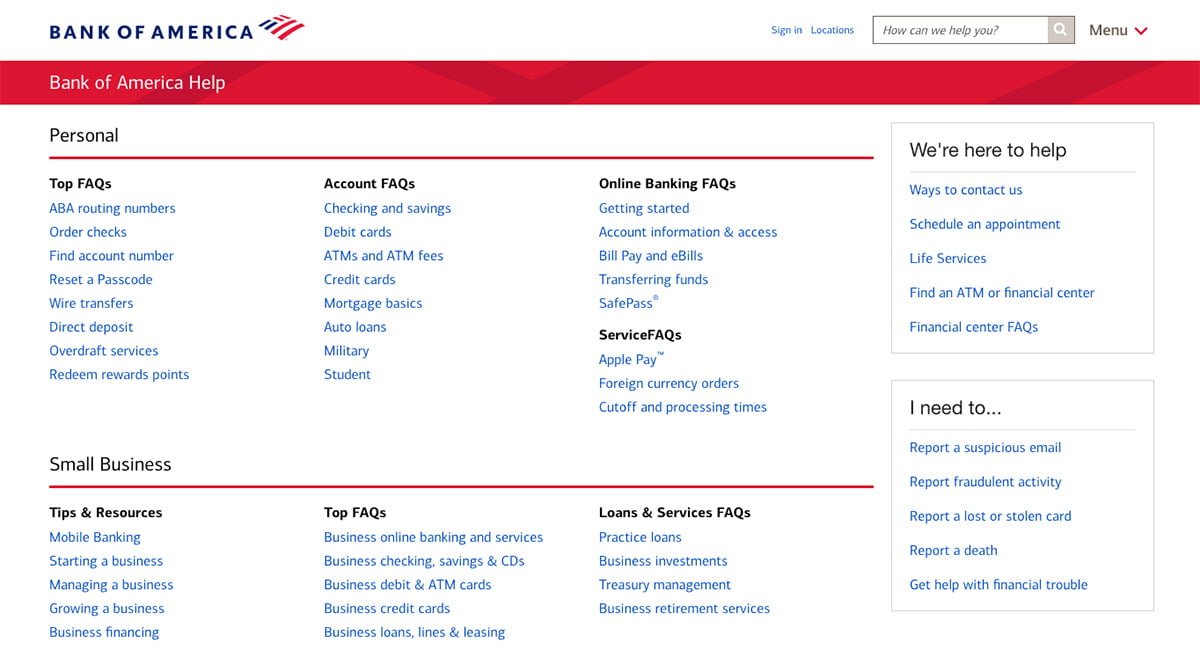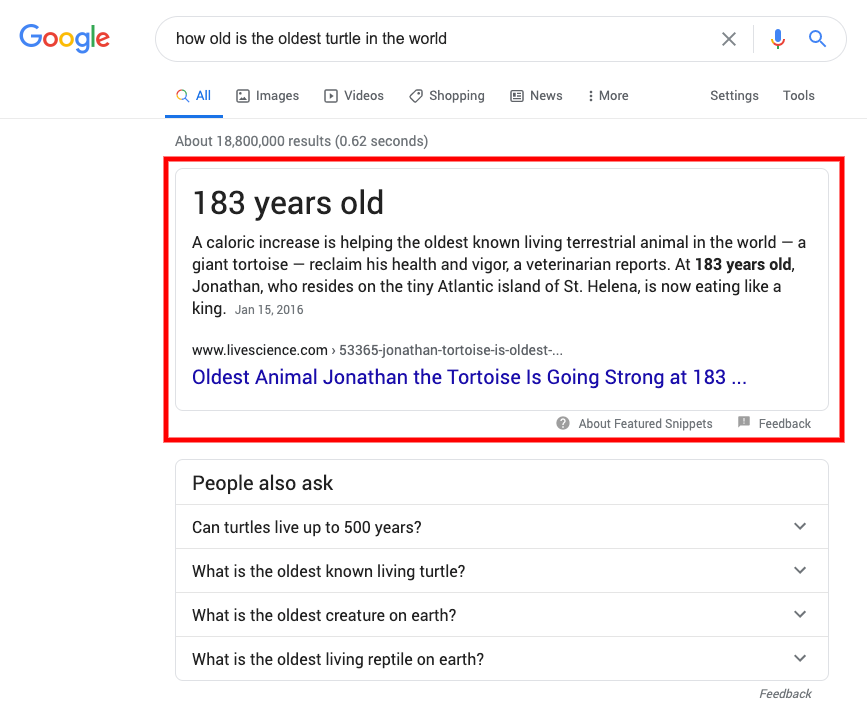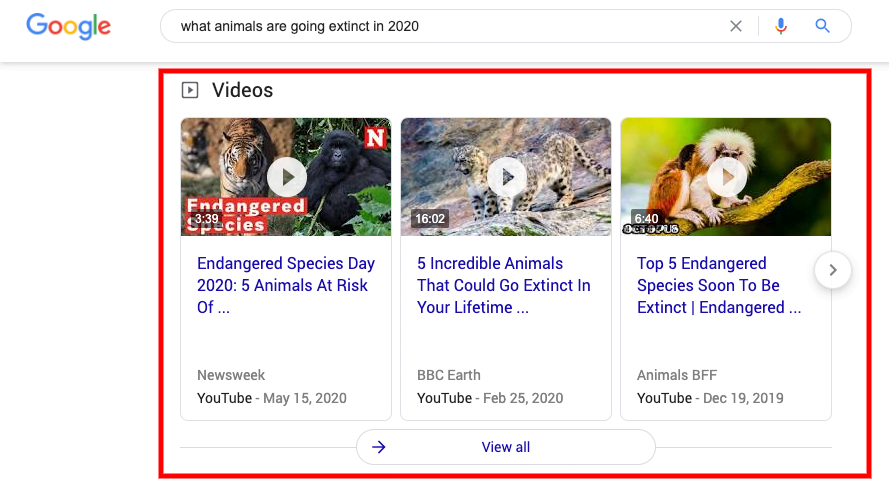Search engine optimization is continuously changing. Tactics that worked well just a few years ago are already all but obsolete. For example, keyword stuffing isn’t just an outdated strategy — it can actively damage SEO efforts. New technologies promise to change the SEO landscape once again, shifting both search methods and brand positioning strategies. Optimizing voice search for SEO represents one of the most transformative and useful strategies on the scene today. Voice-activated technology such as Google, Siri, and Alexa allows users to complete searches at a moment’s notice, eliminating the need for fumbling with keyboards or touch screens.
Rather than entering short-tail keywords (search terms that are three words or less), voice search users tend to take a more conversational approach when conducting searches. This approach can pose a bit of a challenge for SEO, as question-based keywords are sometimes difficult to incorporate into the content.
However, longer, more conversational search queries deliver better search results that tend to have a higher degree of usefulness and relevancy to the end-user. For example:
“What is the weather like in Monterey today?” or “How do I optimize my content for voice search?”
These long-tail keyword phrases in the form of a question deliver better results because the search engines understand what answers you are looking for with a greater degree of certainty.
Voice Search for SEO & FAQs

While Frequently Asked Question pages have long proven a useful resource, they are that much more critical in an age of voice search. FAQ pages offer a straightforward way to include conversational keywords on your website while also providing clear value to search users.
Above all else, modern search engine algorithms reward pages that provide true value for internet users. As such, an FAQ page designed for the sole purpose of improving SEO will likely fail in its primary mission. Instead, FAQs should be formed to genuinely help website visitors. If you deliver a valuable resource, impressive search engine rankings will follow.
Implementing an effective FAQ page is easier said than done — especially as you optimize voice search for SEO. The structure and framework you build, questions, and answers chosen, along with the wording used, and optimization strategy you choose, can impact how successful your FAQ page is for your website. These simple suggestions will give you a head start:
Tip #1: Collect Relevant Questions

To ensure that your FAQ is as helpful as possible, take some time to determine what, exactly, consumers want to know about your products and services. Common questions from your customers and followers can be found in emails and social media comments. You might also want to research other competitors and see what types of questions or comments their audience is leaving across their public social pages as well.
Another excellent resource for creating topics for FAQ questions is to look at the table of contents of books written about a similar subject matter you cover written for a similar audience. Books are an excellent resource because they organize content into chapters that cover the most pressing and important topics your audience would care about most. Using Amazon’s “Look Inside” feature, you can usually preview the first few pages of any book along with the table of contents.

Amazon Look Inside Feature

Amazon “Look Inside” allows you to preview the table to contents.
If these strategies don’t produce enough insight, create a survey to determine what people would like to know about your business, product, cause, or organization. Questionnaires should also identify current pain points, which your FAQ can then address.
Keep in mind that FAQs don’t merely have to answer the ‘big’ questions. Sometimes, the most frequent queries involve concerns that seem minor but are a big deal to customers.
For example, many Olive Garden fans wonder if they can buy the chain’s iconic salad dressing at grocery stores — or whether the staff will come out to sing happy birthday during special celebrations. Both questions are often asked via voice search, and both are answered on Olive Garden’s FAQ page.
Researching your competitor’s FAQ pages can also offer a glimpse at the types of questions consumers within your industry or niche might ask. Keyword tools are also helpful, as they highlight common questions and concerns on a broad scale.
Tip #2: Use Conversational Keywords in FAQs

The question-and-answer format of your FAQ should give you an edge in the quest for conversational content that appeals to voice-based users. Still, it’s crucial to consider phrasing. When possible, opt for a laid-back style that reflects how users speak.
With the emphasis on conversational keywords comes a welcome bit of relief: it’s no longer necessary to avoid long-tail keywords (search terms that are four words or more). Longer search phrases are more likely to resonate in today’s voice-dominant world, as searchers tend to tack on extra words when chatting with Google, Siri, or Alexa.
The value of conversational keywords can be seen in the FAQ page for Sony’s PlayStation 5 pre-ordering process. For example, a gaming enthusiast who asks, “What if I get a PS5 sold out message?” will be directed to this helpful FAQ page, which provides an easy-to-understand answer, along with additional information to guide gamers.
Tip #3: Highlight Local Content in FAQs for Voice Search

Voice searches often emphasize local businesses or resources, with “near me” searches, in particular, exploding in popularity in the last few years. This shift is especially noteworthy for searches that incorporate both location and timing. For example, by ending with the phrase “near me now.” A search you might see using this phrase would be something like, “Italian restaurants that are open near me now.”
When possible, FAQ pages should leverage these types of searches to provide the concise, information-rich content that search engine users desire. These pages should provide a seamless experience in which visitors can find the information they need almost immediately.
To accomplish this end, use local keywords that are as relevant as possible. The content should also include concise answers which incorporate location-oriented language that looks and sounds natural. For example, the FAQ page could highlight a physical location for your storefront or information about services provided at a specific branch.
Tip #4: Pay Attention to Navigation for FAQ Pages

Dropbox Help Center makes it easy to get answers
Whether they arrive by voice search or through traditional text-based efforts, visitors will quickly become frustrated with your FAQ section if it’s challenging to navigate. The more comfortable they find it to locate the questions and answer they find most relevant, the better.

Bank of America’s FAQ Table of Contents
Depending on the length and scope of your FAQ, it might be worth your while to divide it into sections of related questions, complete with a table of contents. This will allow users to skip straight to the most relevant questions. Without this ability, users might grow impatient and seek information elsewhere. Once their initial question has been answered, many users will be willing to linger and learn more about your brand.
Tip #5: Use Schema Markups to Optimize FAQ Further

Google’s Featured Snippet allows search users to get answers right in the search results.
There’s more to modern SEO than page rankings alone. These days, it’s especially important to make the featured snippets section on Google. These hallowed snippets make it possible to beat out the competition and achieve a considerable boost in traffic. This is especially true when optimizing voice search for SEO, in which the page that provides the data for the featured snippet is nearly always the website on the SERP to receive traffic.
With FAQ, snippets are best achieved through the schema markup’s power — one of today’s most powerful and underutilized SEO tools. This exciting new optimization tool remains poorly understood, but it promises to revolutionize SEO as we know it, especially within the context of voice search

Some questions in search may generate Rich Snippets like Video Content seen here.
Schema markups consist of specific codes that allow search engines to deliver the most informative results possible. They let search engines know (in greater detail) more about the subject matter of a webpage as opposed to focusing exclusively on the words on the page. This deeper level of insight provides valuable context for the search engines to assist users while also dramatically improving your page rankings. FAQ pages offer a natural opportunity for incorporating schema markups and, ideally, landing the featured snippets spot that is most likely to resonate with voice search enthusiasts.
Warning: Featured snippets do have a drawback, however. Sometimes they are so useful and informative that it does not require the search user to click through to your webpage for more information. Be mindful of this when utilizing schema markup and deciding which featured snippet types to target. For a full list of Google’s current Featured Snippets click here.
When optimizing voice search content for SEO on your website, a FAQ page could make all the difference as you strive to capture a more impulsive, less patient generation of search engine users. Take this opportunity to build a page that can easily be reached via voice search. Your efforts could lead to a significant boost in traffic and an unprecedented ROI.
As you make the switch to mobile-friendly SEO that accounts for the future of voice search, don’t hesitate to seek guidance from the search engine optimization experts at Vinci Digital. We provide a range of cutting-edge SEO services. Contact us at your earliest convenience to learn more.
PS: Have you come across an awesome FAQ Page or have questions about optimizing voice search for your SEO? Leave a comment below.













